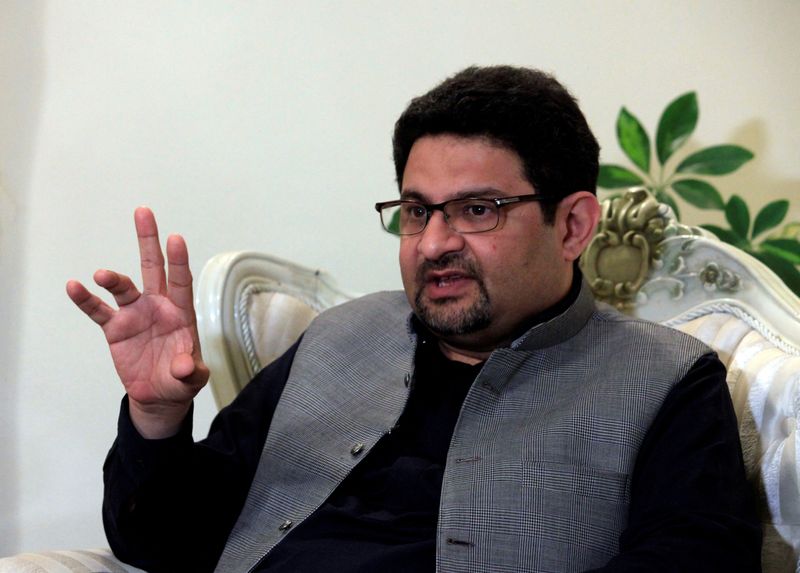ISLAMABAD (Reuters) -The International Monetary Fund (IMF) board approved the seventh and eighth reviews of Pakistan's bailout programme, allowing for a release of over $1.1 billion to the cash-strapped economy, the fund and the government said on Monday.
The IMF agreed to extend the programme by a year and increase the total funding by 720 million special drawing rights, or about $940 million at the current exchange rate.
The funds will be a lifeline to the South Asian country now also suffering from devastating floods that have already killed more than 1,100 people and inflicted at least $10 billion of damage according to the country's planning minister.
In a statement, IMF Deputy Managing Director Antoinette Sayeh said adhering to scheduled increases in fuel levies and energy tariffs was "essential" with Pakistan's economy being "buffeted by adverse external conditions".
These include "spillovers from the war in Ukraine, and domestic challenges, including from accommodative policies that resulted in uneven and unbalanced growth," Sayeh noted.
The floods were not mentioned in the fund's statement. Pakistan's Prime Minister Shehbaz Sharif said on Twitter (NYSE:TWTR) that the formal resumption of IMF support though was "a major step forward in our efforts to put Pakistan's economy back on track".
Confirmation of the widely-expected assistance gave Pakistan's government bonds a small lift on Tuesday. They have fallen heavily this year as the economic woes have left it with a wide current account deficit and critically low foreign exchange reserves.
The IMF estimated those reserves would only cover key imports for little over two months. The economy is also wracked by soaring inflation and political upheaval after former prime minister Imran Khan was ousted in April.
Pakistan must hold elections by the second half of next year, but Khan, who negotiated the latest IMF programme in 2019 and now faces terrorism charges for comments he made about the police, is calling for them to be held immediately.
"Steadfast implementation of corrective policies and reforms remains essential to regain macroeconomic stability," the IMF's Sayeh said.
MATERIAL RISK
After announcing the Fund's approval on Twitter, Pakistan's Finance Minister Miftah Ismail said the government's efforts to get the programme back on track via painful corrective economic measures had saved the country from default.
Pakistan has had dozens of IMF programmes since the 1980s. The latest one was initially supposed to provide $6 billion over 36 months, but had been stalled by this year's political turbulence and struggles to meet key programme targets.
Tellimer economist Patrick Curran said there was material risk that the IMF’s current account forecast would prove overly optimistic and that Pakistan might not be able to bring in as much external financing from Gulf countries as it would like.
"Any slippage from programme targets could land Pakistan back in hot water in light of its massive external funding needs, requiring renewed Pakistan rupee depreciation and support from bilateral partners to avoid a BOP crisis," Curran said.
The torrential flooding in three of Pakistan’s four provinces also threatens to worsen the situation, he added.

Monday's IMF statement also saw it approve Pakistan's request for waivers related to the country's failure to meet some of its targets.
"The authorities have taken important measures to address Pakistan's worsened fiscal and external positions," the IMF said.